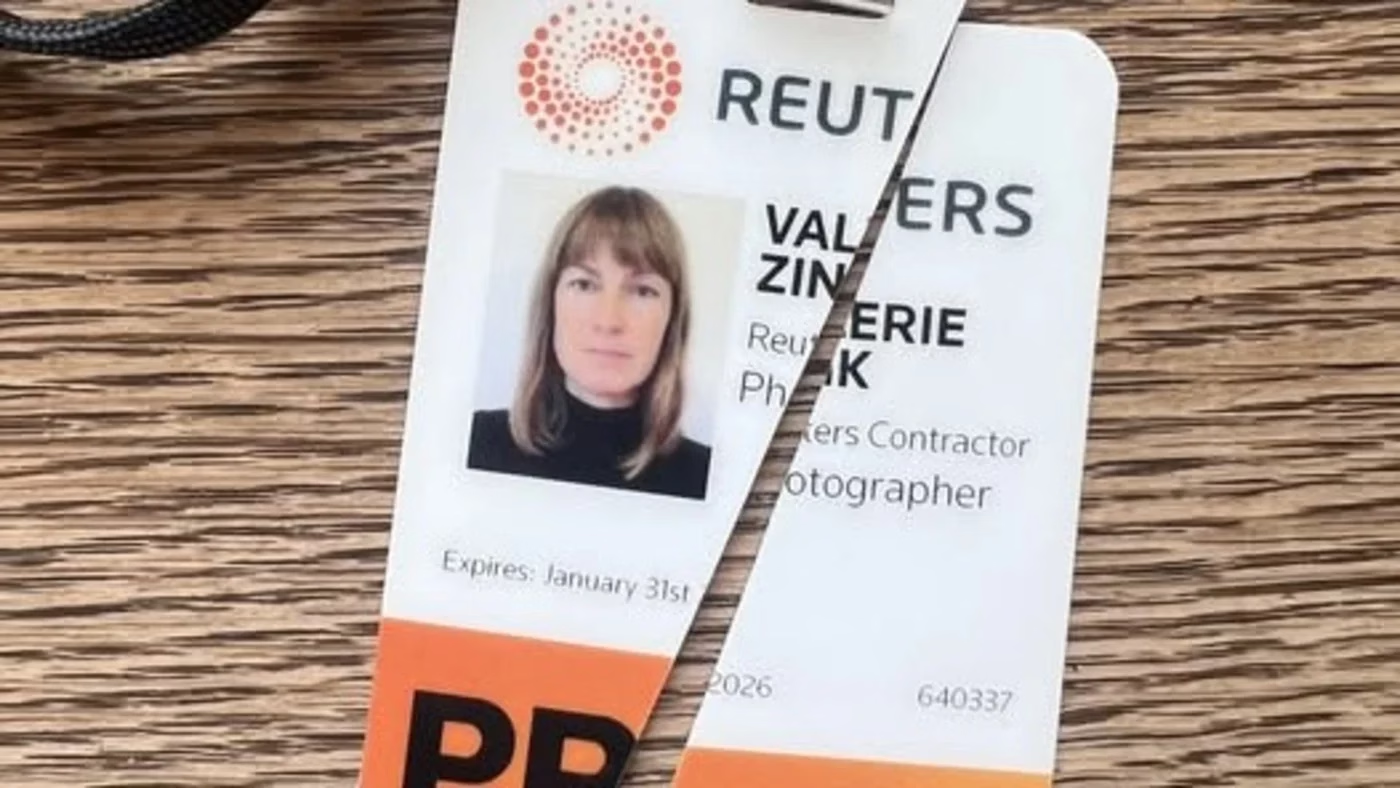Valerie Zink, a Canadian photojournalist with eight years of experience as a stringer for Reuters, has officially resigned from the agency. Her decision, publicly announced this week, stems from what she describes as a growing unease with Reuters’ editorial stance and its handling of the ongoing conflict in Gaza—particularly its perceived complicity in the deaths of journalists.
Zink’s departure came shortly after a devastating airstrike by Israeli forces on Nasser Hospital in Khan Younis, Gaza’s largest medical centre in the south. The strike, which took place on Monday, claimed the lives of at least twenty individuals, including five journalists, according to local health authorities. The incident has added to mounting criticism of Israel’s military campaign and the international media’s role in reporting on it.
In a candid Facebook post, Zink levelled serious accusations against Reuters and other Western outlets, alleging they have been complicit in what she characterises as the normalisation of violence against journalists.
“Reuters chose to publish Israel’s entirely baseless claim that al-Sharif was a Hamas operative,”
she wrote, referring to the case of Anas al-Sharif, a respected journalist for Al Jazeera who was killed earlier this month during an Israeli assault in Gaza City. The Israeli military had publicly labelled al-Sharif a Hamas commander prior to the attack but failed to provide evidence to support the claim.
Zink pointed to Reuters’ own historical connection to al-Sharif’s journalism, underscoring the irony in its lack of defence for a man whose work once brought accolades to the organisation.
“The fact that Anas Al-Sharif’s work won a Pulitzer Prize for Reuters did not compel them to come to his defence when Israeli occupation forces placed him on a hit list,”
she stated.
Her resignation has reignited broader concerns about the role of international news agencies in conflict zones, particularly in their reliance on government and military sources that may not be independently verified. Zink alleged that such practices have deadly consequences.
“Western media were ‘culpable’ by repeating Israeli claims without verification, acting as ‘a conveyor belt for Israeli propaganda,’”
she asserted.
Zink’s criticism extended beyond the treatment of Al Jazeera’s reporters. She expressed dismay at the muted response by Reuters to the death of its own staff, including cameraman Hossam al-Masri, who was killed in the same airstrike that targeted Nasser Hospital. For Zink, this silence was symptomatic of a larger institutional failure to protect and defend its journalists—especially in conflict regions where the stakes are life and death.
This broader indictment of the media’s role in Gaza comes as the death toll among journalists continues to rise. Since the beginning of intensified hostilities in October 2023, at least 245 journalists have been killed in Gaza, according to international press freedom organisations.
Zink’s decision to resign, rather than remain complicit in what she sees as journalistic negligence, has stirred difficult questions about ethics, responsibility, and the role of media in conflict coverage.
What makes Zink’s stance particularly resonant is her position within the system. She was not an outsider or fringe critic but a longtime contributor to Reuters—a fact that adds weight to her allegations.
Her words now serve as a public rebuke of institutional silence and journalistic complacency. As she steps away from one of the world’s largest news agencies, her statement challenges not only Reuters but the entire media industry to confront its own failings.
Whether her resignation sparks broader reflection or structural change remains uncertain. But the issues she has raised—about the responsibility of media institutions to protect truth and those who seek it—are unlikely to fade quietly.

















